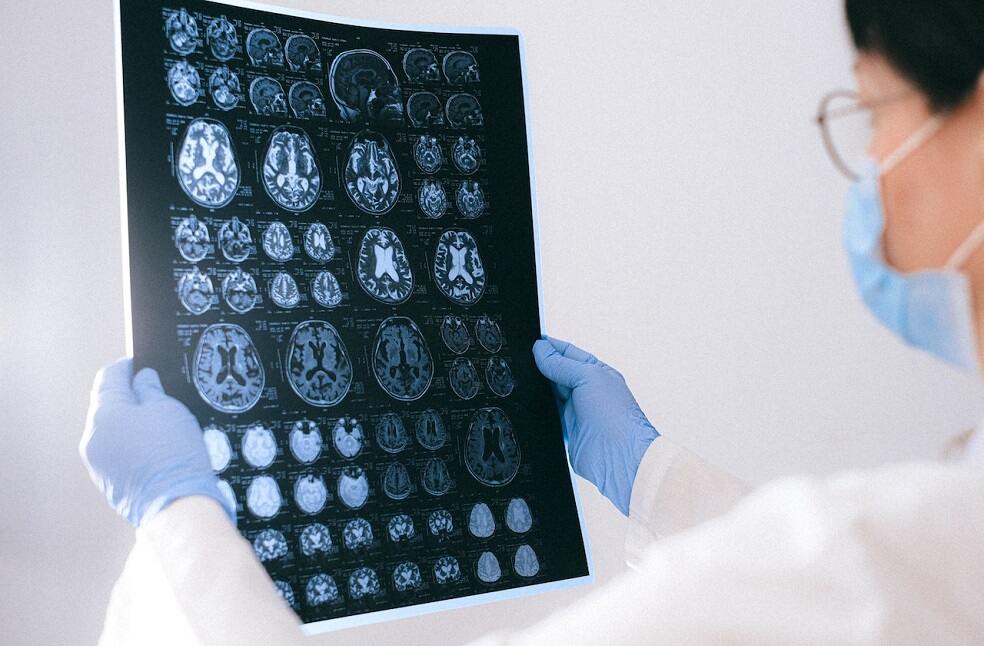Boston, US: Researchers in the US have discovered a gene that appears to raise the risk of Alzheimer’s in females, offering a vital clue to the ongoing studies to understand why more women than men are diagnosed with the disease.
O6-Methylguanine-DNA-Methyltransferase, often known as MGMT, is a key player in how both men’s and women’s bodies repair DNA damage. However, no link between MGMT and Alzheimer’s disease in men was discovered by researchers.

“It’s a female-specific finding – perhaps one of the strongest associations of a genetic risk factor for Alzheimer’s in women,” remarked senior study coauthor Lindsay Farrer, chief of biomedical genetics at Boston University School of Medicine.
According to the Alzheimer’s Association, women make up two-thirds of the 6.5 million Americans who are now suffering from fatal brain illness. This pattern is prevalent all throughout the world.
Dr. Richard Isaacson, director of the Alzheimer’s Prevention Clinic at Florida Atlantic University’s Schmidt College of Medicine, who was not involved in the study, highlighted that, “Women, due to unique genetic risk factors like APOE ε4 and MGMT, and sex-specific risk factors like the sudden reduction in estrogen during the peri-menopause transition, maybe in the fast-lane toward the disease, while men are sitting in traffic.”

Nevertheless, while some women without the gene may still have Alzheimer’s, many women with APOE 4 don’t.
The existence of a novel gene was discovered in two different populations of humans. A group of Hutterian Brethren women who live communally in the countryside of South Dakota and Montana were being studied by researchers from the University of Chicago who were examining their genetic makeup. Hutterites are a good choice for genetic study since they are a closed population that intermarries amongst itself and maintains detailed genealogical records.

Senior study coauthor Carole Ober, Chair of Human Genetics at the University of Chicago, in a statement mentioned that, “The relatively uniform environment and reduced genetic variation in Hutterites increases our power to find associations in smaller sample sizes than required for studies in the general population.”
Ober contacted Boston’s Farrer to see if he could help replicate her findings after the new relationship with MGMT surfaced in her investigation. Farrer was taken aback by the call because she was in the middle of a sizable genetic analysis of more than 10,000 women from the Alzheimer’s Disease Genetics Consortium research. The joint study was released in Alzheimer’s Disease & Dementia: The Journal of the Alzheimer’s Association.
Researchers discovered that MGMT expression in women was significantly associated with the development of beta-amyloid and tau, two proteins that are hallmarks of Alzheimer’s disease when they examined MGMT via epigenetics, which is what happens when a gene is switched on or off by behaviors and environmental factors.

The relationship between MGMT and tau tangles and amyloid plaques was “particularly evident in women who don’t have APOE 4,” according to Farrer.
The main job of APOE, which is regarded as an essential protein, is to “move cholesterol around in your body, and without that, you’d be in trouble,” following Farrer. However, research suggests that the APOE 4 variant may deposit more fatty acid buildup than the other APOE family members, leading researchers to speculate that there is a cholesterol link to Alzheimer’s disease.
“There are many pathways to Alzheimer’s disease. There’s the lipid, or cholesterol pathway, which is now pretty well established in Alzheimer’s, and APOE ε4 is a part of that and there’s the inflammatory pathway, which is common to all chronic diseases. With MGMT, we may be looking at an additional pathway somehow related to DNA repair, or maybe MGMT participates in one of these other pathways and nobody knows yet how,” Farrer observed.

Experts encourage women to engage with their doctors to try to determine which route they may be on. Maintaining healthy blood pressure, cholesterol, and blood sugar levels is one possible intervention, along with considering hormone replacement therapy when indicated, and advocating for a brain-healthy lifestyle, including regular exercise, a Mediterranean-style diet, adequate sleep, and stress-reduction techniques.
Dr. Kellyann Niotis, a Neurologist at the Alzheimer’s Prevention Clinic at Weill Cornell Treatment and NewYork-Presbyterian who was not involved with the study, stated that scientists will soon be able to provide more tailored medicine to women.
“We will soon be able to offer women at risk more advanced assessments, like comprehensive genetic testing in a clinic setting, to more adequately assess their risk and develop personalized risk reduction plans for optimal brain protection,” Dr. Niotis further concluded.



